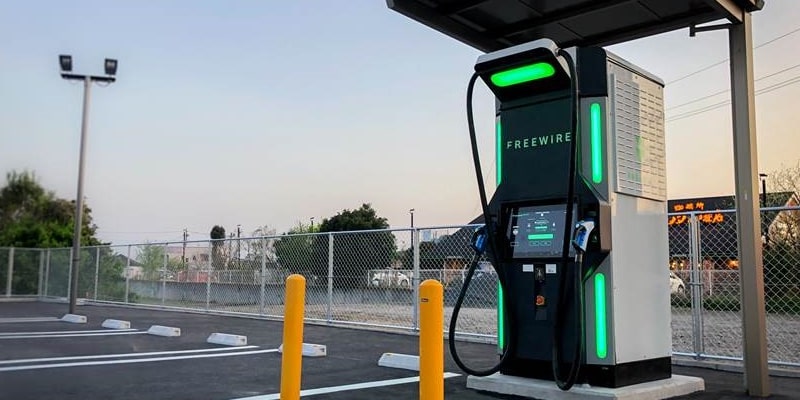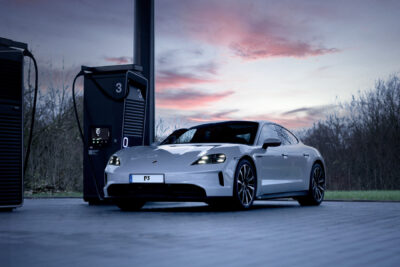Japan doubles EV infrastructure targets
Japan’s government has decided to double its current EV charger installation target to 300,000 by 2030. There are no more than 30,000 EV chargers publicly available across the country. Tokyo also wants to increase charging speeds.
Japan’s Economy, Trade and Industry Ministry has presented corresponding draft guidelines to an expert panel.
Under the new plan, additional chargers will be available at public spaces such as motorway rest stops, Michi-no-Eki roadside rest areas and commercial facilities.
The ministry will also replace the term “charger” with “connector,” as newer charging stations can charge multiple EVs simultaneously.
Japan had initially set a target of 150,000 charging stations by 2030 in its Green Growth Strategy, which was reportedly revised in 2021.
Shortening vehicle charging times is also part of the government’s plan. About 60% of fast chargers currently available have an output of less than 50 kilowatts. This resulted from safety regulations hampering higher power charging – until August of this year, charging stations with more than 200 kW power were treated like electrical substations in Japan, driving the installation cost to tens of millions of yen (around 72,000 euros).
In the new plans, first announced this summer, the government wants to see chargers with an output of at least 90 kilowatts for expressways and chargers with at least a 50-kilowatt output being installed elsewhere.
This is in line with the August plans. “For high traffic areas and other places of heavy demand,” the average power of fast-chargers will increase to about 150 kW, Japan said at the time.
The government will subsidise the conversion.
Also in the draft are rules for charging fees. The government aims to introduce a system in which prices are based on the electricity used by the end of fiscal 2025.
Japan has set a goal for all new cars sold to be electrically powered by 2035. In fiscal 2022, domestic sales of EVs totalled 77,000 units, representing about 2% of all passenger cars, lagging behind China and Europe.
But, with a new registration share of only two per cent in November 2022, Japan is lagging in the market ramp-up of electric cars in global comparison – despite some subsidies. The lack of public charging stations is partly cited for consumer reluctance. According to the International Energy Agency (IEA), the 30,000 public charging stations across Japan compare poorly to neighbouring South Korea, with 107,000 charging stations. In 2022, there were 1.76 million charging stations in China, 128,000 in the United States, 84,000 in France and 77,000 in Germany.





0 Comments